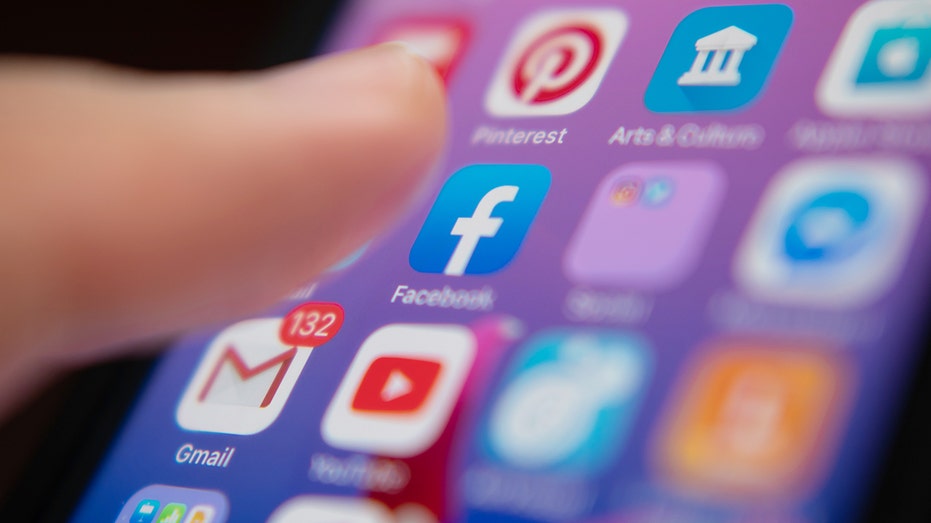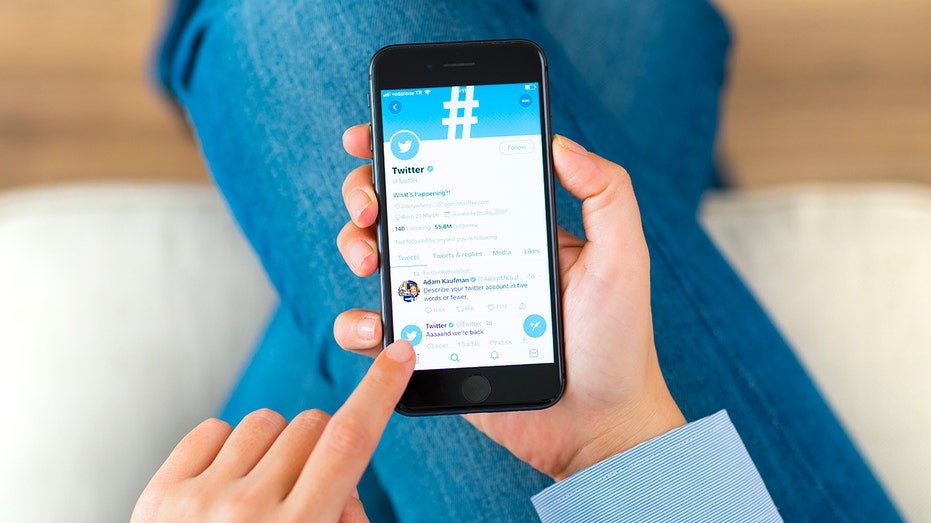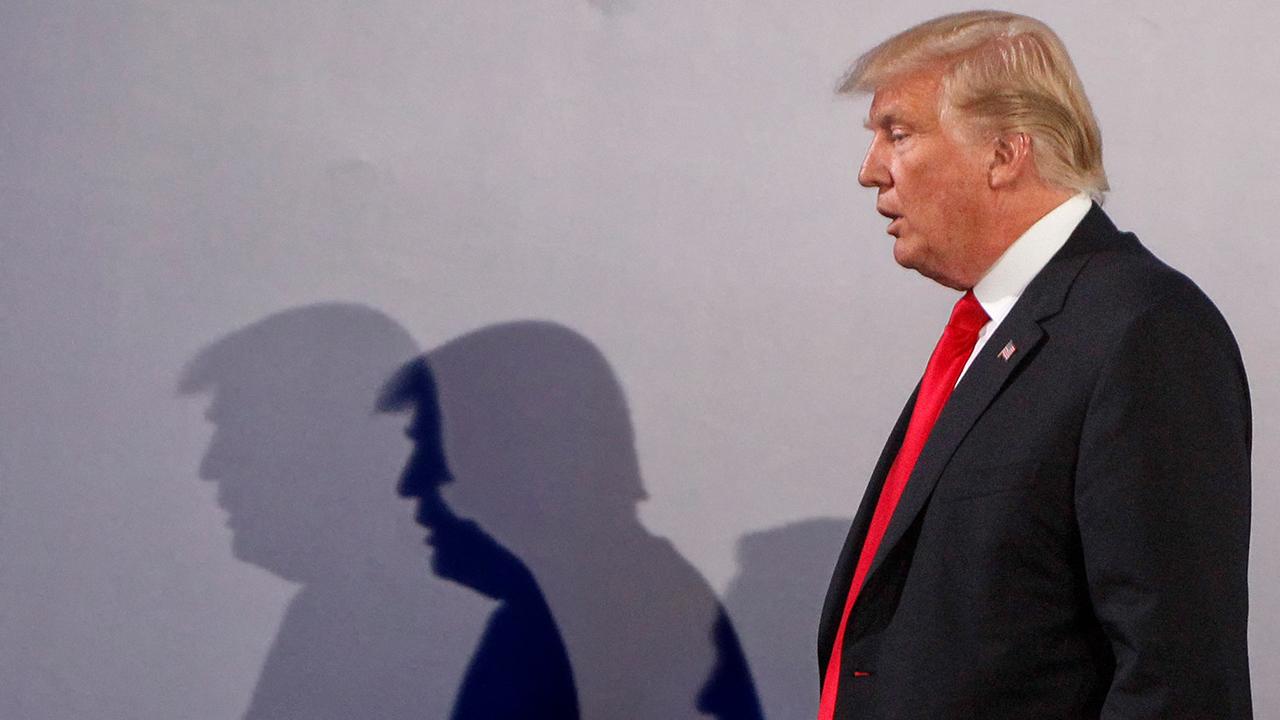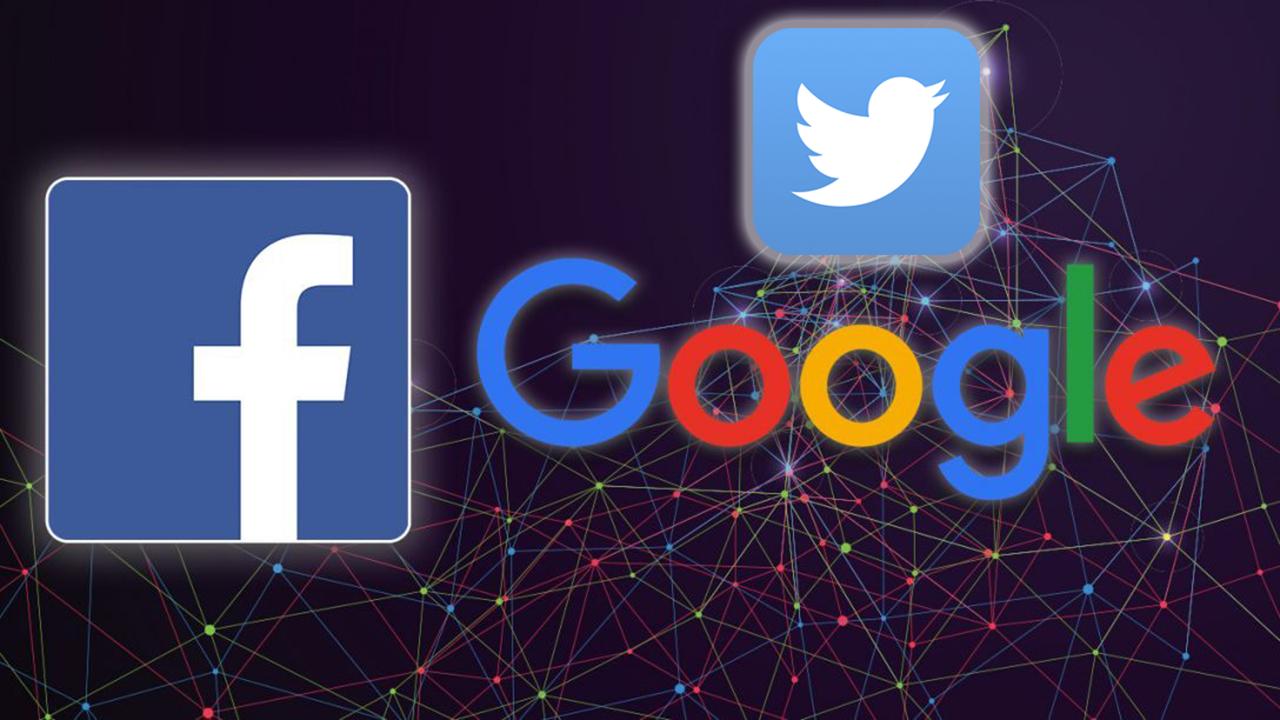Facebook, Google defend Section 230 legal liability protection under pressure from Congress
'We'll comply with the law if Congress wants to make changes,' a Facebook rep. said
Facebook, Twitter and Google defended the necessity of Section 230 of the Communications Decency Act on Thursday during a virtual hearing before the House Permanent Select Committee on Intelligence.
Representatives for the three companies defended the law as President Trump and lawmakers argue over whether it still serves its original purpose: to protect internet platforms from being held liable for what user content they chose to edit or not edit "in good faith" -- with an emphasis on that phrase.
| Ticker | Security | Last | Change | Change % |
|---|---|---|---|---|
| FB | PROSHARES TRUST S&P 500 DYNAMIC BUFFER ETF | 42.42 | +0.35 | +0.84% |
| GOOGL | ALPHABET INC. | 322.86 | -8.39 | -2.53% |
| TWTR | NO DATA AVAILABLE | - | - | - |
Rep. Peter Welch, D-Vt., asked the tech giants what recommendations each company has for "legal changes that would impose some obligations" on their respective platforms.
Facebook Head of Security Policy Nathaniel Gleicher said the shield that Section 230 provides the social media site is "absolutely essential' for combatting security threats.
TWITTER NOT ENFORCING TERMS OF SERVICE FAIRLY: SEN. HAWLEY
"We've seen threat actors try to target [Facebook] in response to consistent enforcement we've taken," Gleicher said.

iPhone user touching Facebook logo on iPhone screen to open the app. (iStock)
Welch interrupted to ask whether changes to Section 230 should be authorized by Congress or big tech companies.
"We'll comply with the law if Congress wants to make changes," Gleicher said. "...I hope that as we evaluate [Section 230], we do remember the importance of the shield to the ability to protect this voice, and we preserve that."
Nick Pickles, Twitter's director of global public policy strategy and development, brought up that Section 230 not only protects tech giants like those present at the hearing, it also protects "the whole internet," including the third-party companies that do "the very content moderation" Twitter is "asked to do by policymakers."
FACEBOOK WORKERS STAGE 'VIRTUAL PROTEST' OVER CONTROVERSIAL TRUMP TWEET: REPORT
"One thing I'm often asked is: How did the United States build this world-class technology industry? How did companies like [Twitter] grow from one part of one country? And the answer is Section 230," Pickles said.

Twitter displayed on iPhone (iStock)
Pickles also said Section 230 protections have helped social media companies build dominating platforms and that removing 230 could be damaging for competition, innovation and their ability to promote and protect users' speech.
Trump signed an executive order in May after Twitter put labels on two of his tweets that would require the Federal Communications Commission to revisit the terms of the law, including clarification on the term "in good faith" and the prospect of removing certain protections if companies engage in "selective censorship."
CLICK HERE TO READ MORE ON FOX BUSINESS
Sen. Josh Hawley, R-Miss., on Wednesday introduced legislation that could allow consumers to sue big tech companies if they feel those companies have made editorial judgments on content that were not done in good faith.
Republicans were not in attendance at the hearing, citing security concerns over holding a virtual meeting discussing "the nation’s most sensitive secrets ... over the Internet.”
An earlier version of this story incorrectly identified Google’s Richard Salgado as saying Section 230 allowed the tech company to build dominating platforms. It was Nick Pickles of Twitter.
GET FOX BUSINESS ON THE GO BY CLICKING HERE





















